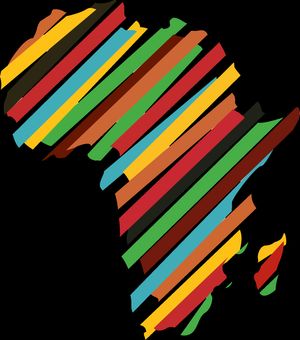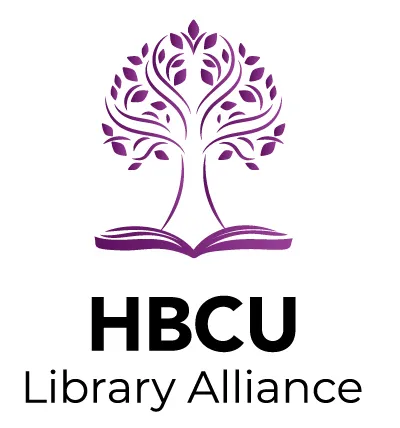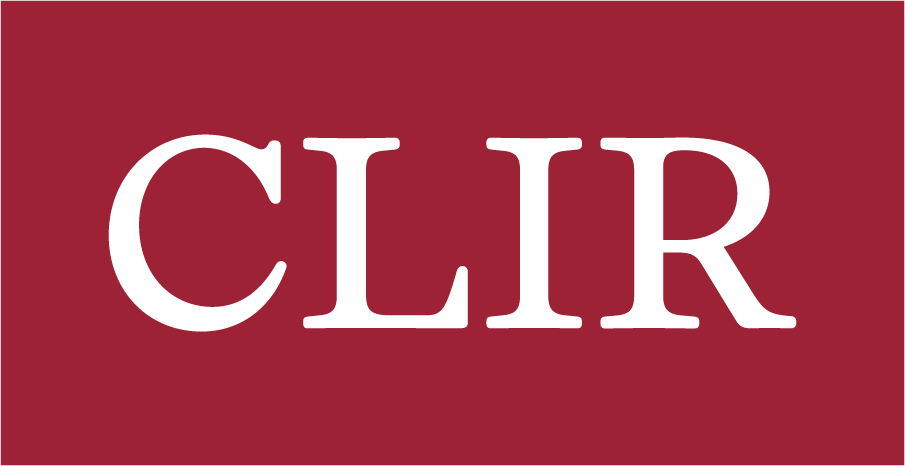Hidden Collections
AFRICA
Fostering Equitable Access to African Cultural Heritage

Mission
Hidden Collections Africa is a new initiative that will digitize rare and unique collections across Africa, making them more accessible to researchers and students throughout Africa and around the world, advancing African history and scholarship and advancing digital knowledge spaces in Africa.
This initiative will preserve knowledge and heritage now endangered due to the effects of the climate crisis. Extreme weather events, such as floods and droughts, are damaging and destroying libraries, archives, and museums. Hidden Collections Africa will support the description and digitization of materials in African cultural memory organizations that are currently inaccessible or at risk of being lost forever.
Led by African-based professionals, the program draws inspiration from CLIR's experience with large-scale grant making to meet urgent preservation needs, close gaps in the historical record, and make records more accessible to users.
Core Values
Hidden Collections Africa partners work together to make knowledge more accessible, inclusive, and equitable for everyone. The following ideas guide this work.
Open Access
Embracing immediate, global online access to information accelerates knowledge dissemination and helps to mitigate against inequities in education and opportunity.
Broad Participation
True progress and innovation arise from the fusion of different viewpoints, and this fusion only becomes possible within a deliberately inclusive environment in which voices that have historically been marginalized or underrepresented are not just heard but celebrated.
Authentic Partnerships
An inclusive environment relies on sustaining relationships rooted in trust, respect, and shared goals. Healthy partnerships require that each partner's expectations, contributions, and benefits are articulated clearly, acknowledged openly, and revisited regularly.
Sustainable Infrastructures
Sustainable infrastructures require that any approach to the development of technologies or systems be rooted in a responsibility to the environment, society, and the global community. We prioritize strategies that can realistically be maintained over time and that minimize negative impacts on limited natural, economic, or socio-cultural resources.
Community-Centered Design
Every individual, regardless of background or circumstance, should have the opportunity to engage with resources that empower, educate, and elevate them specifically. Different cultures, groups, and individuals will naturally have different needs and constraints with respect to gaining and permitting access. Access strategies and solutions must therefore reflect the diverse needs and aspirations of communities, centering digital inclusion and respect for the local contexts of cultural heritage.
Forward Thinking
Hidden Collections Africa empowers a global community contributing to preserve cultural heritage and address climate change. We make a special effort to attract younger generations as key to the project's durability.
Africa needs digital environments, infrastructures, and digital skills to engage with creation of digital content from Africa. Hidden Collections Africa is an important opportunity to work toward digital equity, so that the voices in digital spaces represent all of humanity.






